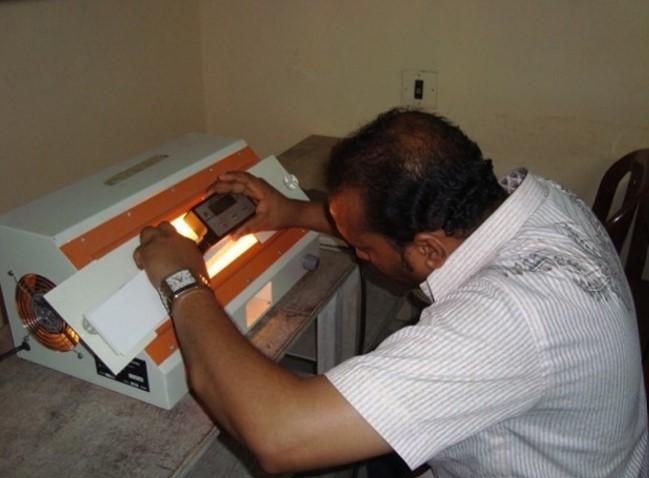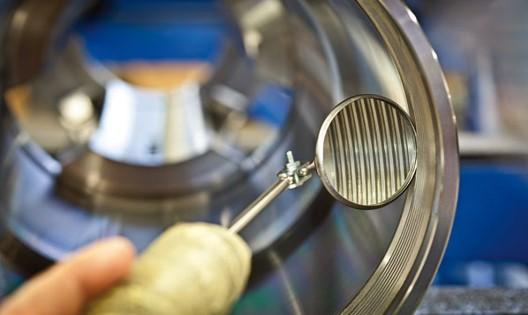Description
What is Non-Destructive Testing (NDT)
A non-destructive test is an NDT. In other words, it’s a technique for testing without causing harm. In today’s world, where new materials are being developed, older materials and bonding methods are subjected to higher pressures and loads. NDT ensures that materials can continue to operate to their highest potential with the assurance that they will not fail within predetermined time limits. This means that the component—the casting, welding, or forging—can continue to be used and that the non-destructive testing method has done no harm. NDT is utilised in various sectors, including the oil and gas industry, petrochemicals, nuclear, power generation, and wind turbines, as well as general fabrication (making of pressure vessels, boilers, and tanks, to mention a few). It is essential for quality assurance and, ultimately, for health and safety. Visual testing, penetrant testing, magnetic particle testing, radiographic and ultrasonic testing, radiographic film interpretation, and other standard NDT techniques all have benefits and drawbacks. Other approaches, such as phased array ultrasonic testing and time of flight diffraction, have been created due to digital control and imaging developments. Industry professionals rely on us to provide top-notch NDT training.
ELIGIBILITY CRITERIA FOR ADMISSION:
This course is designed for ITI, diploma &mechanical engineers, inspectors, welding supervisors and quality engineers.
Training is in accordance with the requirements of ASNT as per SNT-TC-1A-(latest edition), and the course ends with the certification examination.
CERTIFICATION AUTHORITY:
SNT-TC-1A (Latest edition) of the American Society for Nondestructive Testing




